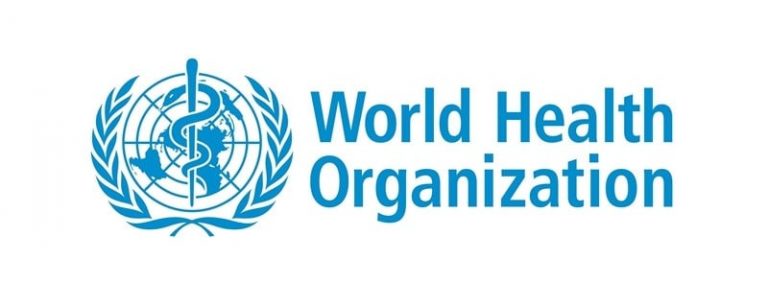The World Health Organization has announced a new commission on social connection to address loneliness as a pressing health threat, promote social connection as a priority and accelerate the scaling up of solutions in countries of all incomes.
WHO made this known in a press statement made available to our correspondent on Thursday.
Co-chaired by U.S. Surgeon General, Vivek Murthy, and African Union Youth Envoy, Chido Mpemba, the Commission consists of 11 leading policy-makers, thought leaders and advocates.
Running for three years, the Commission will analyze the central role social connection plays in improving health for people of all ages and outline solutions to build social connections at scale.
The Commission will also consider how connection enhances the well-being of our communities and societies and helps foster economic progress, social development, and innovation.
The Organization noted that social isolation which is having an insufficient number of social connections, and loneliness and the social pain of not feeling connected, are widespread.
“One in four older people experience social isolation and the rates are broadly similar in all regions. Among adolescents, between 5–15 percent experience loneliness, according to research findings. However, these figures are likely to be underestimations,” the Global Health body said.
The WHO Director-General, Dr. Tedros Ghebreyesus noted that high rates of social isolation and loneliness around the world have serious consequences for health and wellbeing.
“People without enough strong social connections are at higher risk of stroke, anxiety, dementia, depression, suicide and more. This WHO commission will help establish social connection as a global health priority and share the most promising interventions,” Ghebreyesus said.
The Organization said lack of social connection carries an equivalent, or even greater, risk of early death as other better-known risk factors – such as smoking, excessive drinking, physical inactivity, obesity, and air pollution.
Social isolation also has a serious impact on physical and mental health; studies show that it has been linked to anxiety and depression and can increase the risk of cardiovascular disease by 30 percent, it explained.
“I am thrilled to work closely with an outstanding group of commissioners on advancing social connection a vital component of well-being. Together, we can build a world that is less lonely, healthier, and more resilient,” said Murthy.
“Given the profound health and societal consequences of loneliness and isolation, we have an obligation to make the same investments in rebuilding the social fabric of society that we have made in addressing other global health concerns, such as tobacco use, obesity, and the addiction crisis. “



